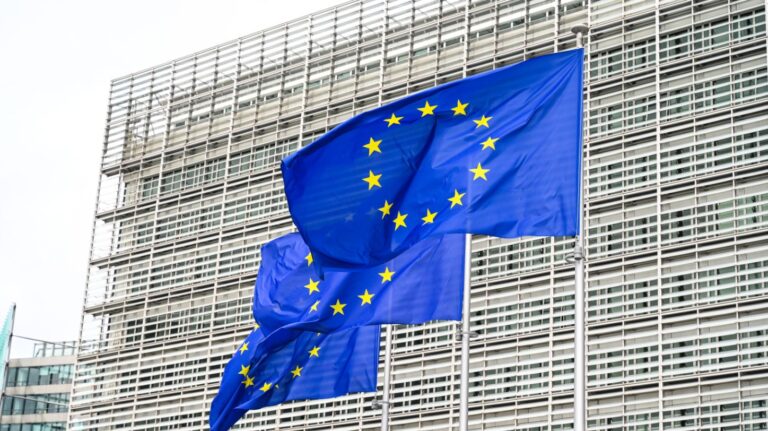The European Commission has announced that it will publish an EU-wide strategy paper next year to ensure coordination across the continent in the uptake of robotics powered by artificial intelligence (AI).
The strategy will address all aspects of development and robotics across the 27 member states of the EU to ensure that Europe stays an important player in the field. It will be linked to other relevant commission plans, such as the AI in workplace initiative and the AI Act.
Many sectors demand for robots, including industries such as healthcare, agri-food, logistics and manufacturing, has increased pressure on the EU to introduce standardised AI-powered robotics regulations.
The strategy is intended to help ensure the responsible and ethical deployment of robots, and in particular will look at privacy, cybersecurity, transparency, as well as accountability risks and measures, according to the minutes of an internal expert group meeting.
Italy, Germany, France, Spain and Poland, which account for 70% of all industrial robots installed within the EU in 2022, are set to be the top five adopters of the strategy. This makes Europe the second largest global region in robotics uptake after China.
EU institutions last month reached a preliminary deal on the AI rulebook. Some technical details still need to be delineated and a deal on those remaining parts is expected imminently.
During the past decade, the European industrial robotics industry, has grown significantly; member states together installed almost 72,000 units in 2022 – up six percent year-on-year, according to figures by the International Federation of Robotics.
A coordinated action plan on robotics published by the commission in 2021 encouraged member states to set up national robotics plans. The internal memo said that EU countries will now be asked to provide an overview of their domestic strategies which will form the basis of consultation meetings on the bloc-wide strategy scheduled to start in February.









